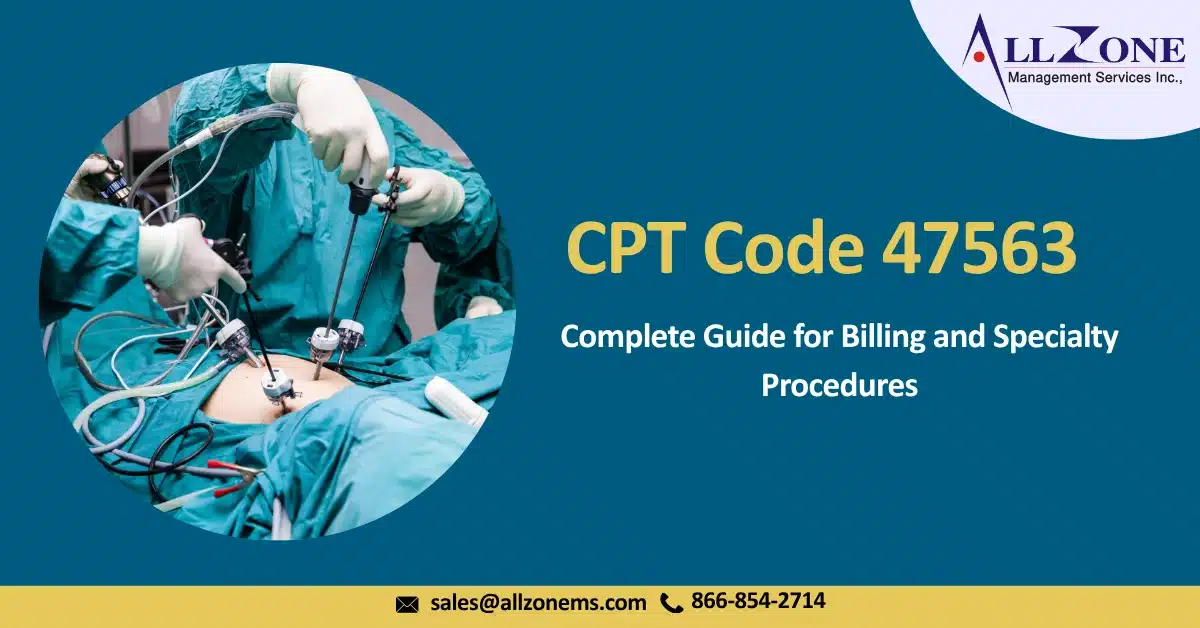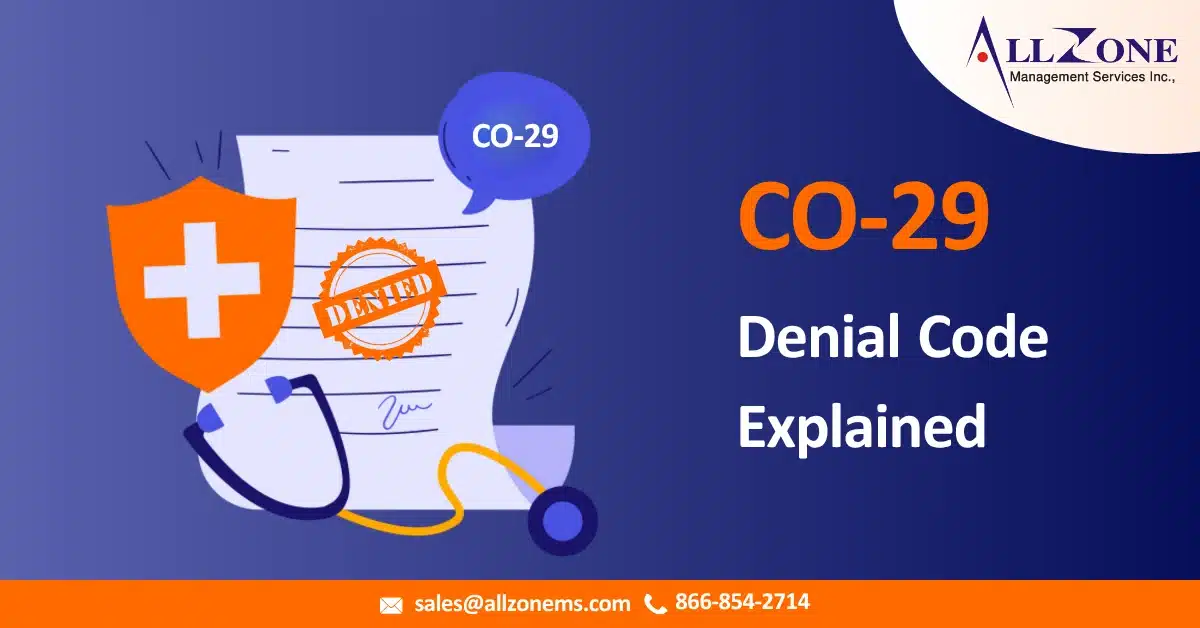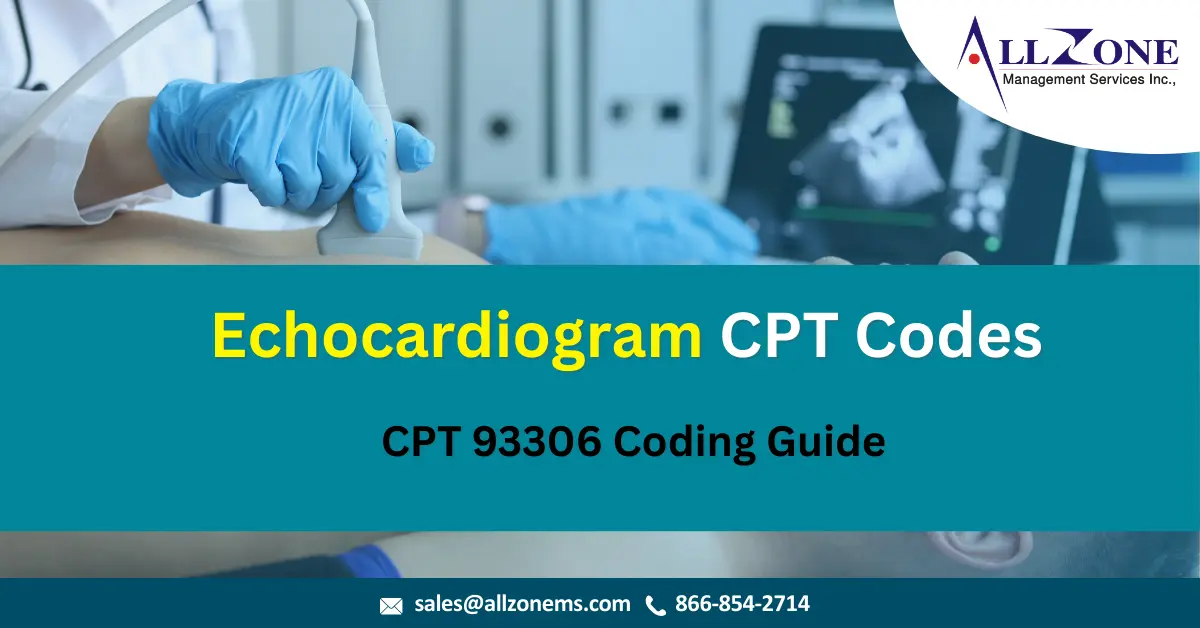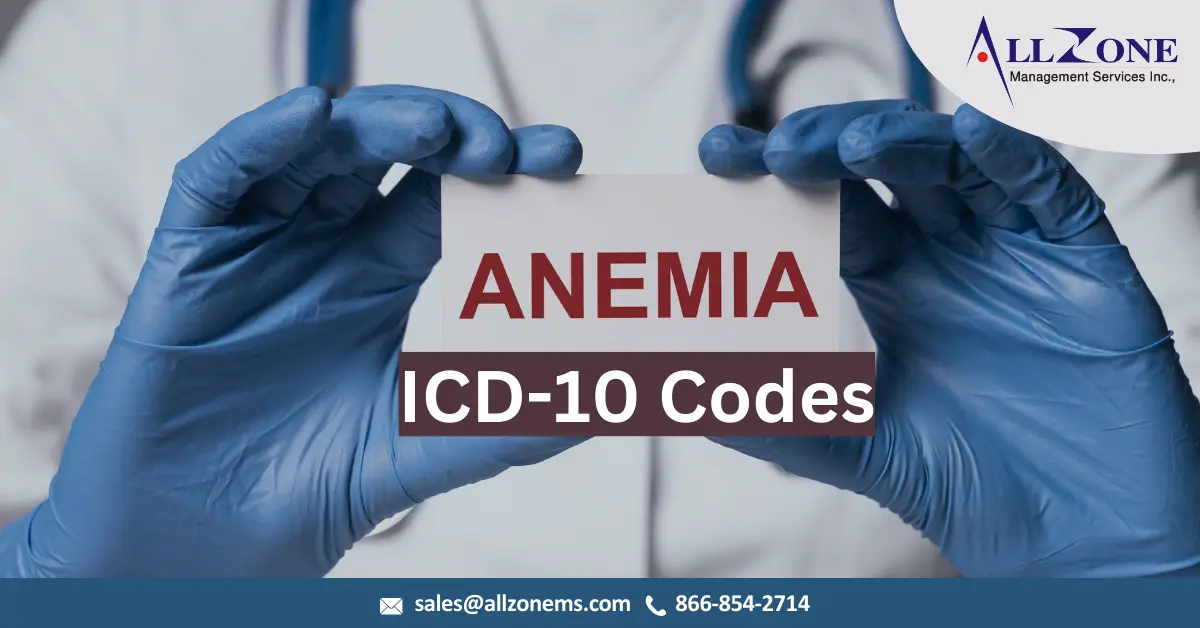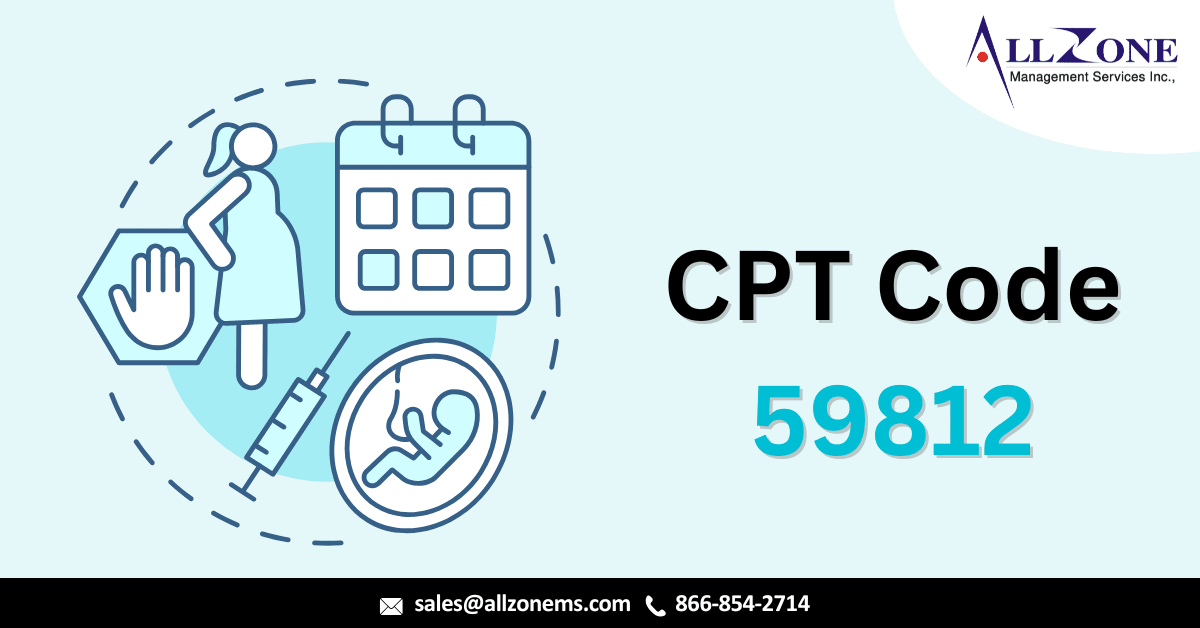CPT Code 47563 refers to a laparoscopic cholecystectomy, a minimally invasive surgical procedure to remove the gallbladder. This code is widely used in general surgery and gastroenterology specialties. Accurate usage of CPT Code 47563 is critical for proper reimbursement, denial prevention, and compliance with medical billing regulations. At Allzone, we specialize in providing comprehensive medical […]
Introduction In medical billing, claim rejections and denials are inevitable—but understanding why they occur is the key to fixing them. One of the most important tools for decoding these denials is the Claim Adjustment Reason Code (CARC). Each CARC provides specific information about why a claim or a service line was adjusted, denied, or paid […]
In the complex world of medical billing, every claim denial tells a story. Among the most common denial codes faced by healthcare providers is CO-29, which indicates a “Claim denied because the filing time limit has expired.” When this code appears on an Explanation of Benefits (EOB) or Remittance Advice (RA), it means the claim […]
A stroke, or cerebrovascular accident (CVA), occurs when the brain’s blood supply is interrupted or reduced, depriving brain tissue of oxygen and nutrients. Accurate medical coding for stroke is essential to ensure proper documentation, reimbursement, and statistical tracking of healthcare outcomes. In the healthcare revenue cycle, accurate ICD-10 coding not only impacts claim success but […]
Sleep medicine has grown into a vital specialty in modern healthcare, helping patients manage disorders such as sleep apnea, insomnia, narcolepsy, and restless legs syndrome. With millions of Americans experiencing sleep-related issues each year, healthcare providers are performing more diagnostic and therapeutic procedures in this field. However, accurate billing for sleep studies can be complex […]
In the complex world of medical billing, claim denials are one of the biggest challenges healthcare providers face. Among them, CO-97 denial code is one of the most frequent and confusing denials providers encounter. A denied claim not only disrupts cash flow but also leads to additional administrative costs and potential compliance risks. To minimize […]
In today’s healthcare environment, accurate coding is the backbone of clean claims, proper reimbursement, and compliance. For cardiology practices, one of the most commonly billed diagnostic procedures is the echocardiogram. The complexity of cardiology services makes it critical for providers and billing companies to stay updated with the right CPT codes. At Allzone Management Services, […]
Accurate coding is the foundation of efficient medical billing, proper reimbursement, and compliance with regulatory guidelines. Among the most frequently encountered diagnoses in healthcare, anemia stands out due to its prevalence and complexity. Whether caused by nutritional deficiencies, chronic diseases, or genetic conditions, anemia must be coded precisely to avoid claim denials and ensure appropriate […]
Staying updated with Urology Coding Updates 2025 is critical to ensure compliance, accurate reporting, and optimal reimbursement. AMA’s release of the CPT 2025 code set: 270 new codes, 112 deletions, 38 revisions The CPT code set continues to expand in new areas of medicine with proprietary laboratory analyses assigned to the largest proportion of new […]
Medical coding plays a crucial role in accurate billing, compliance, and timely reimbursement. Among the many codes that providers use, CPT Code 59812 is one that often requires clarity due to its specific clinical application and documentation needs. At Allzone, a trusted medical coding and billing company, we specialize in helping providers eliminate coding errors, […]

